There’s a fat man in my bed.
He spooned my wife last night, walked my dog this morning and now he’s wearing my underwear.
The first time I lost a large amount of weight was in 10th grade. I had been overweight since 5th grade and had endured the typical jabs, pokes and shame associated with being too big for one’s britches. I hated my body.
Yet by the time I was a high school sophomore, I had found my niche. I was a clown. I could make fun of myself and get the laugh, somehow squeezing myself into a state of external acceptance. John Belushi did it as the Samurai. John Candy did it in Planes, Trains and Automobiles. Budhha looks pretty big in all those statues and always seems to be smiling. Is he laughing with us? Could he really be so enlightened as to think it is ok to be that big or was it that nervous giggle that I have known so well in my life?
Those first few races were straight comedy, too. Runners would be lining up for the 800 meter and have to step aside to let me through as I finally completed the previous 400 meter race. I pretended to be lighthearted and comedic as I made my way around the rubber streusel topping on that endless donut of a track. I’d sing songs, recite movie lines or just hyperventilate quietly to myself. I can do this.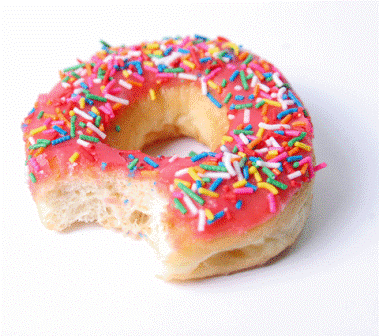
I was there, forcing myself to be there, wherever there was. In the four months of the track season, I had “lost” all sorts of weight. I looked better, felt better and seemed better. It stuck for a while. Yes, I gained some weight back in college with all that drinking and the all-you-can-eat motif of college living. However, it wasn’t until I was in one of those long-term, committed relationships that the weight seemed to creep back in.
Living with a partner for the first time put me over the edge. I had to finish the pint of ice cream or they would. There was just enough of the leftovers for one person. Better finish it now. Or else…What was I worried about, really?!? Being without? Scarcity? Competition?
That was nothing compared to the amount of weight I gained after I became an entrepreneur and started my own company. Couple that with a few stressful relationships and poof! I was living large. Until I changed that.
It was supersized to downsized, up and down, over and over again. For years, I have been up between 30 and 50 pounds and then back down again to a nice cruising altitude. So here I am, once again, cruising at my “optimal” weight. And yet, there is still a fat man that looks into the mirror each morning. The consciousness of feeling self-conscious is hard to shake, especially one that has been present since I was 10 years old.
So, what does one do when my perception of SELF is inherently flawed? My ability to accurately see “me” as a body is deeply compromised by decades of shame, internal and external judgment, and the reality of boxes of clothes in my attic labeled “FAT BOX” or “SKINNY BOX.” How can I really see my self if my ability to see is so heavily influenced by my history? What kind of vision can I have if my lenses are so heavily scratched and carved through by years of obesity induced negative self-talk and self-loathing?
Like canyons of rock that are slowly but surely chiseled by years of relentless drops of thought, I am struck by the power and the beauty of persistent thinking. I am left to consider what years of loving, optimistic, nurturing and gentle self-talk looks like in contrast with the Grand Canyon of Shame. A flowering, lush garden, perhaps? A powerful, immense mountain range? Wild Jungles? Vast oceans?
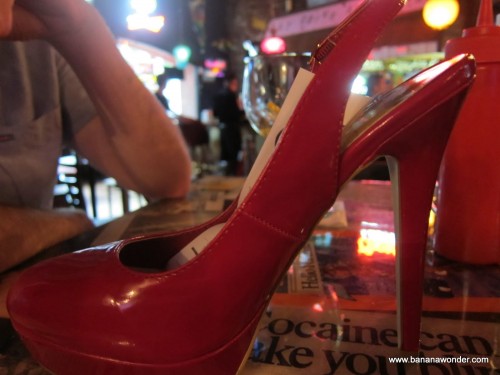 Or maybe just me, the only me that ever lived, sitting at a greasy burger joint with a massive plate of food in front of me and a huge, French Fry induced grin on my face.
Or maybe just me, the only me that ever lived, sitting at a greasy burger joint with a massive plate of food in front of me and a huge, French Fry induced grin on my face.
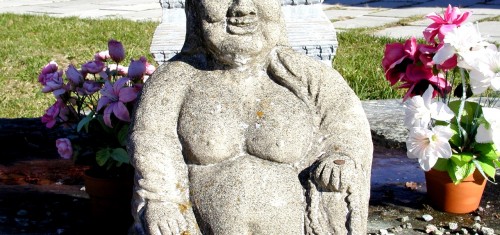
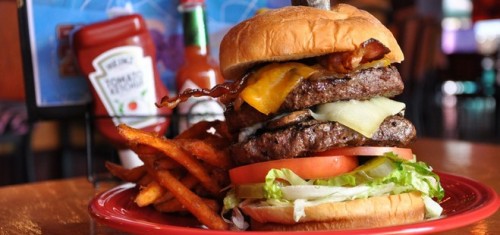
 I was turned on to vegetarianism in college at my co-ed, co-operative living situation. There were 30 of us living at the “Peace House” and we took turns cooking communal meals each night, all veg. I liked the idea of communal living and with tensions brewing in Iraq (it was 1990) the thought of a group of students aligned around creating more love in the world was very appealing.
I was turned on to vegetarianism in college at my co-ed, co-operative living situation. There were 30 of us living at the “Peace House” and we took turns cooking communal meals each night, all veg. I liked the idea of communal living and with tensions brewing in Iraq (it was 1990) the thought of a group of students aligned around creating more love in the world was very appealing.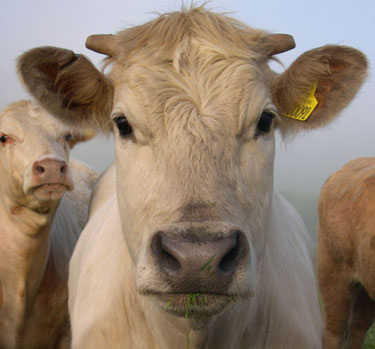
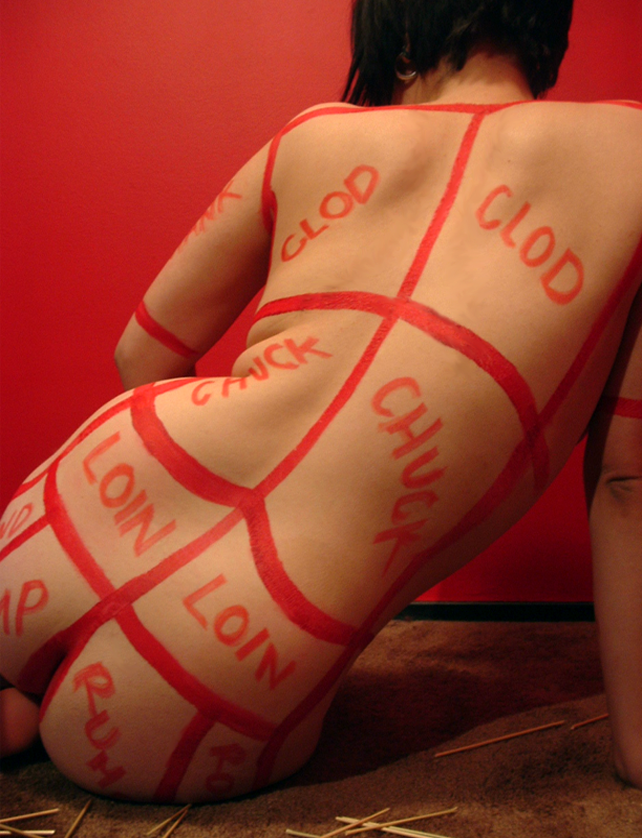 Being a vegetarian isn’t considered as far “out there” as it used to be: according to a 2008 study from
Being a vegetarian isn’t considered as far “out there” as it used to be: according to a 2008 study from  I set out early this morning to walk the dogs and found the air crisp and cool, the sky clean and bright. The moist leaves sat clumped on the grass and naked in the street; they smelled like a bowl of soggy corn flakes that had been forgotten, abandoned for a cartoon or a pop tart. The smell, the cold, the clear light of the moment, all compiled, created a texture of memory that forced me out of the present moment, somewhere else.
I set out early this morning to walk the dogs and found the air crisp and cool, the sky clean and bright. The moist leaves sat clumped on the grass and naked in the street; they smelled like a bowl of soggy corn flakes that had been forgotten, abandoned for a cartoon or a pop tart. The smell, the cold, the clear light of the moment, all compiled, created a texture of memory that forced me out of the present moment, somewhere else. As a teen, I ran cross-country each fall and have numerous memories of padding half naked through wet leaves, through the crisp morning air, up and down the hills of Bear Mountain State Park. I felt free, alive, and determined.
As a teen, I ran cross-country each fall and have numerous memories of padding half naked through wet leaves, through the crisp morning air, up and down the hills of Bear Mountain State Park. I felt free, alive, and determined.








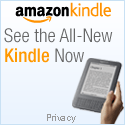
 Jeffrey Sumber is changing the world, one relationship at a time. For over two decades, Jeffrey has worked to understand the human experience from as many angles as possible. As a successful psychotherapist, marriage counselor, and life coach, Jeffrey has worked with thousands of clients who strive to live their best lives.
Jeffrey Sumber is changing the world, one relationship at a time. For over two decades, Jeffrey has worked to understand the human experience from as many angles as possible. As a successful psychotherapist, marriage counselor, and life coach, Jeffrey has worked with thousands of clients who strive to live their best lives.